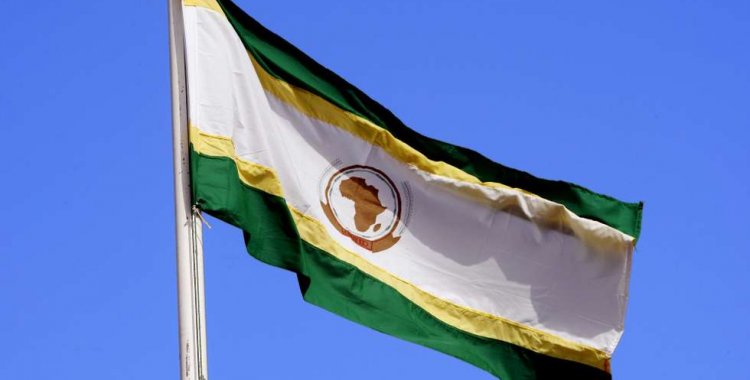And it will continue to be tested because of the international context in which the summit takes place, scheduled for the next 15th and 16th in Addis Ababa, in a meeting that will mark the beginning of Angola's presidency.
The African Union (AU) summit also coincides with the first shock waves caused by the United States, which in this second term of President Donald Trump, has consolidated isolationist policies and defiance of diplomatic and foreign trade rules, for example, in force until now.
In the case of Africa, in addition to the continuation of the already known conflicts, sometimes marked by Islamic fundamentalism, with effects on the disintegration of a sub-regional organization such as the Economic Community of West African States (ECOWAS), in addition to the situation still unresolved in northern Mozambique, sometimes with military operations that are perpetuated and threaten to cross national borders – as in the case of the Democratic Republic of Congo (DRCongo) –, its leaders are left to assume the mediation that for now the West and other external powers have refrained from leading.
The London-based non-governmental organization (NGO) Crisis Group, which presents itself as trying to prevent wars and define policies that build a more peaceful world, argues that by 2025 the African Union should support mediation in Sudan, work to end multilateral confrontations in the Great Lakes, strengthen security in Somalia and keep waterways open in the central Sahel, help Cameroon organize credible elections and South Sudan resist the war in Sudan.
To these objectives, the Crisis Group also adds the need for the African continent to work on a consensual approach to the impact of climate change.
"The African Union's weaknesses are well known – inadequate funding, infighting within the AU Commission and the leadership struggle between the AU and its regional blocs limit its ability to intervene. However, it also has some deeply rooted strengths. Perhaps most important among them is the fact that its legitimacy is unchallenged," Crisis Group points out.
The AU's ability to effectively use diplomacy depends on its leadership, the NGO warns.
Chadian Moussa Faki Mahamat will step down as head of the African Union Commission after two four-year terms, and three East African diplomats are running for the post: Djibouti's foreign minister, Mahamoud Youssouf, and former foreign ministers of Madagascar, Richard Randriamandrato, and Kenya, Raila Odinga.
According to the Crisis Group, within the AU, "there is at least some hope that the new [Commission] Chair will bring new energy and assertiveness to the role, injecting vigor into the organization's work at a crucial time."
"In the face of escalating wars and protracted conflicts, it may not be fair to expect the AU leadership to perform miracles, but ensuring that the organization uses its full advantages is increasingly important, especially at a time when there is every reason to expect growing US disengagement and European distraction," he adds.







